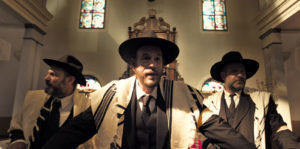
The Second Great War has had several epics produced in its wake. But notable examples such as Jojo Rabbit, Germany: Year Zero, or the harrowing anti-Russian Come and See offer a smaller-scale look at the lives of those impacted by WWII. Small does not mean insignificant in meaning or effect, as demonstrated in director Danny Abeckaser’s Bardejov, written by Shmuel Lynn.
This true story focuses on the ordinary life and people who are disrupted by the encroaching Nazi regime in the village of Bardejov. The totalitarian-aligned Hlinka Guards have gained control of Bardejov and signal impending tragedy as they create authoritarian rule. Rabbi Lowey (Robert Davi) and fellow town leaders confront the grim reality of their fellow Jews being deported to Auschwitz. Despite this horror of family separation, a group of people are defiant and do not accept the fate the Nazis want for them. Lowey is not a hero in the conventional sense but is forced by this horrific situation to bring together his community to confront the inevitable.
Interestingly, Bardejov opens in the present day. A survivor of these actual events takes his family back to Bardejov and highlights the important sites in town. Mr. Emil Fish, who was the producer of the film, is determined that these events be remembered for all time. For that, he should be commended and should be most pleased with the final product.
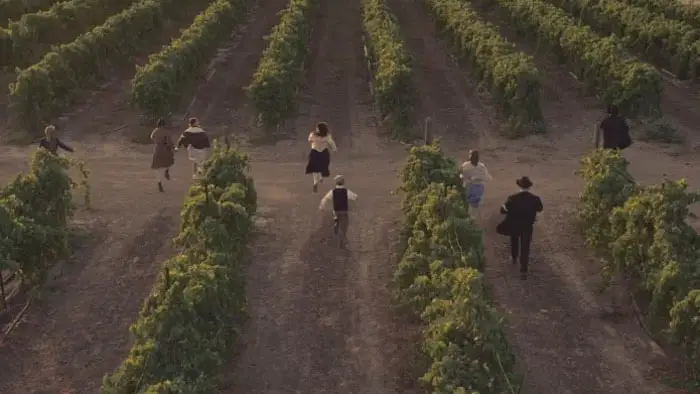
“…a group of people are defiant and do not accept the fate the Nazis want for them.”
The actors stand out the most, particularly because many don’t have much screen time. Davi’s stoic portrait of Lowey resonates. Dean Miroshnikov, as the inwardly tortured yet fanatical Hlinka officer, is captivating. Darren Weiss is determined and interesting. Omer Hazan portrays doubt and concern believably.
Director of photography Barry Markowitz’s shot selection and bright colour pallets in the beginning change as the events become darker and the world closes in on the little village. Abeckaser’s direction keeps the narrative going briskly, even when there are just conversations happening. Rapid shots during table scenes keep things intense. The camera makes audiences feel the characters’ claustrophobia as they hide in a winery or the tunnels that run throughout the city.
Bardejov does not suffer like some of the other films covering this same topic in that it never becomes overly preachy. It is a subtle story of defiance in which the horrific events of the film are mirrored in the real world of today. Davi’s portrayal of Lowey anchors the narrative in a positive light. It is a film that personifies courage in the images and the music. The story is told with dignity and spotlights a moment of history that demands to be remembered.
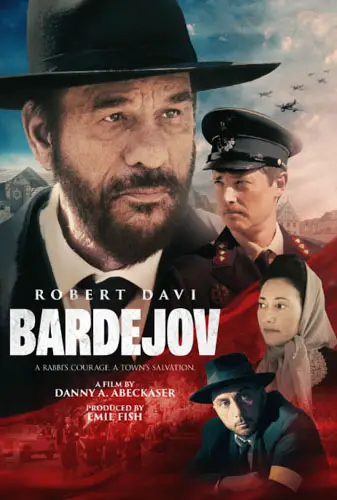
"…told with dignity..."
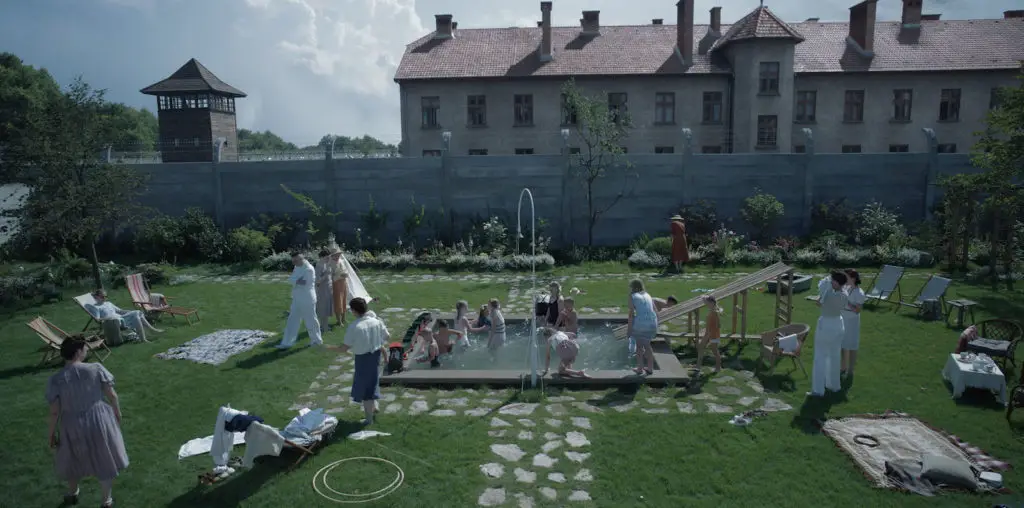
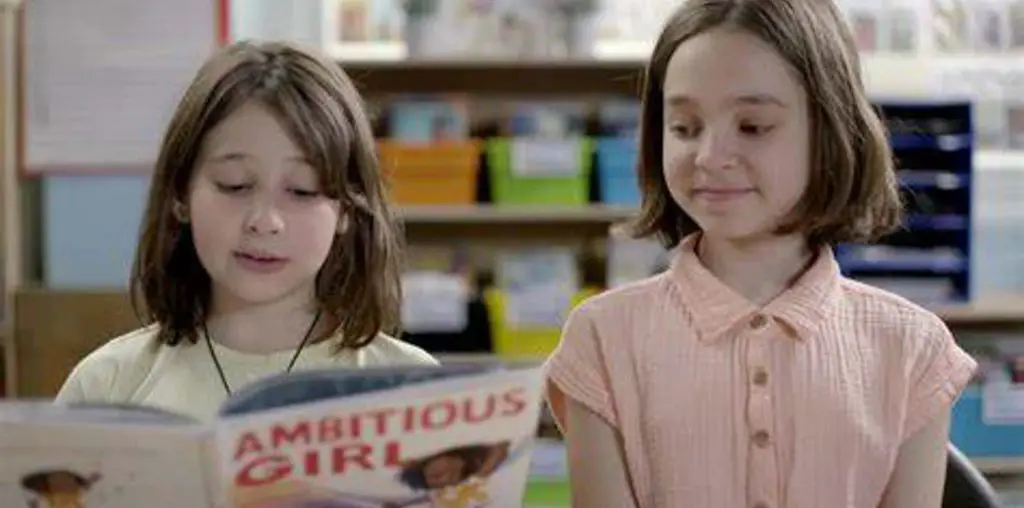
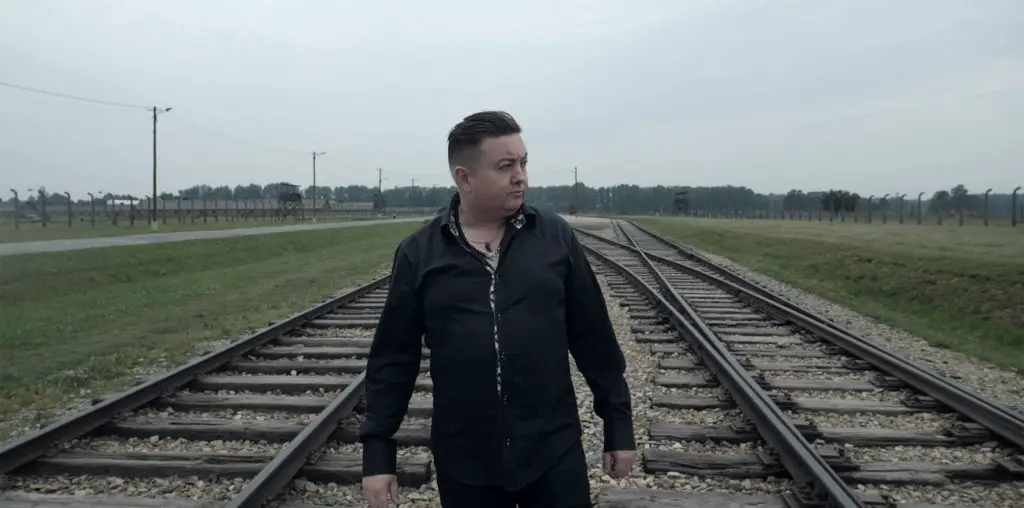
I’d like to know what holocaust films this guy thinks are “overly preachy”.